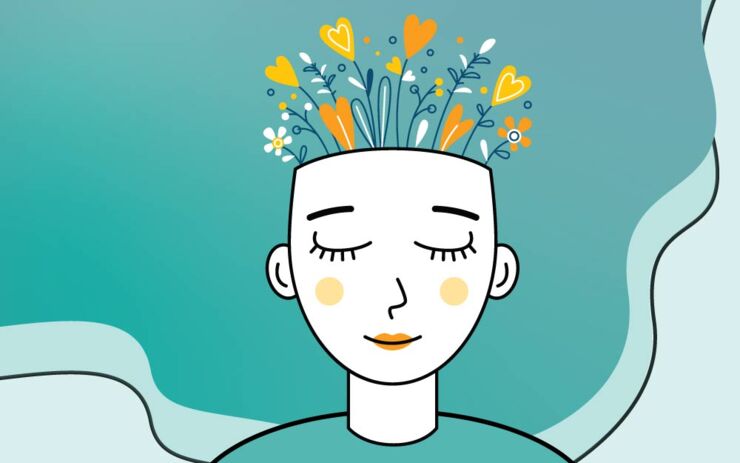Resources
Find Your Resources
Conditions
Resource Types
Featured Series
Rise Above: a podcast from Rogers Behavioral Health takes listeners on a…
Help for parents, families, and educators as they navigate the start of…
Resources for understanding why teens turn to drugs or alcohol, and what to…



